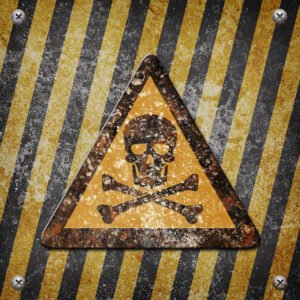Adverse Childhood Experiences (ACEs) Course
This course will introduce you to the concept of Adverse Childhood Experiences (ACEs). You will learn how issues such as child abuse, neglect, divorce, parental substance abuse, and economic hardship can affect the health of children and teenagers. These challenges can lead to anxiety, mental health problems, impaired brain development, and serious diseases.
You’ll also learn about the damaging effects of extreme stress reactions. Poor attachment to parental figures and caregivers can create additional problems.
The course covers planning, strategies, and interventions needed to help children and teenagers in these situations. You will learn how to support them both at school and at home. Additionally, you will understand possible societal interventions for breaking the generational cycle of abuse.
What You Will Learn in the Adverse Childhood Experiences Certificate Course
- The Ten Major ACEs: Identify the ten major ACEs, including economic disadvantage.
- Toxic Stress and Reactions: Understand toxic stress and how it impacts children.
- Attachment Theories: Discover the importance of secure attachment and the risks of insecure attachment.
- Coping Strategies for Children: Explore methods to help children with ACEs cope effectively.
- Parental and Caregiver Strategies: Learn how parents and caregivers can support children in verbalising and grieving their experiences safely.
- Societal Responsibility and Intervention: Recognise societal roles and strategies to break the cycle of abuse.
Benefits of Taking This Adverse Childhood Experiences Certificate Course
- Professional Skills: Gain valuable skills for your role as a teacher or caregiver.
- Guidance and Advice: Offer practical advice to colleagues and parents to help improve their circumstances.
- Collaboration Across Fields: Understand the need for collaboration in health, education, and social services to prevent or treat ACEs and related toxic stress.
- Enhanced Skills: Bring a broader range of skills to your school or organisation.
This course provides you with the knowledge and tools to make a significant impact. By understanding ACEs, you can help create a healthier environment for children and teenagers.
For more information on Adverse Childhood Experiences, visit the CDC’s ACEs page: https://www.cdc.gov/violenceprevention/aces/index.html and the National Child Traumatic Stress Network: https://www.nctsn.org/what-is-child-trauma/trauma-types/complex-trauma/adverse-childhood-experiences.
[elfsight_faq id=”147″]








Reviews
There are no reviews yet.